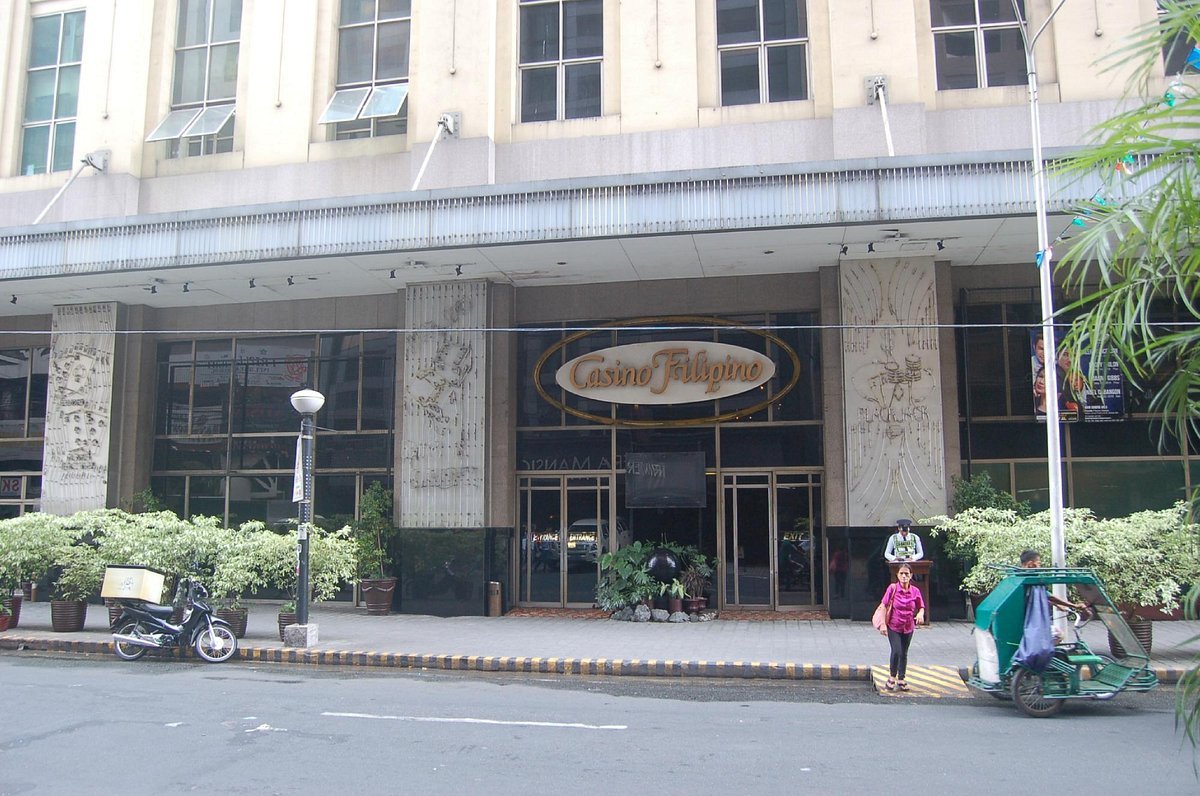Posted on: August 29, 2022, 12:09h.
Last updated on: August 29, 2022, 01:48h.
Philippines casinos owned and operated by the country should be sold to private firms, the nation’s recently appointed finance secretary said this week.

Benjamin Diokno took on his new role the same day Philippines President Ferdinand “Bongbong” Marcos Jr. was inaugurated on June 30, 2022. Before being tapped as finance chief by the newly minted president, Diokno was head of the Philippines Central Bank.
Diokno is assisting Marcos Jr. in determining the primary function of the country’s gaming regulator-operator, PAGCOR. The Philippine Amusement and Gaming Corporation owns and operates land-based casinos under the Casino Filipino brand. That’s while simultaneously regulating commercial casinos across the Southeast Asia nation.
In one of his first official policy positions as finance secretary, Diokno says the Philippines should consider selling off PAGCOR’s physical assets to private gaming companies.
“PAGCOR’s new leadership will have to make their plans known moving forward. They should resolve the seemingly conflicting roles as an operator and regulator,” Diokno said following the revamped PAGCOR leadership news announced last week.
PAGCOR’s primary function is to govern four multibillion-dollar integrated resorts in Manila’s Entertainment City. Those four casinos make up the bulk of the country’s annual gaming income and associated tax benefits.
PAGCOR’s Portfolio
PAGCOR counts 35 casinos in its holdings, most of which are small, boutique gaming venues located at hotels, shopping malls, airports, and entertainment zones. The nearly three-dozen gaming businesses account for only a sliver of the country’s gaming market.
Through the first six months of 2022, PAGCOR-operated facilities generated gross gaming revenue (GGR) of PHP6.4 billion (US$114 million). By comparison, City of Dreams, Solaire, Resorts World, and Okada in Manila generated GGR of PHP37 billion (US$658 million) during the same period.
“We would like the economy to grow and to recover. If there are additional resources available to us through revenues coming from the privatization of certain corporations, we would be willing to support that,” Diokno explained.
Country Has Mulled Selling Casinos
PAGCOR first announced it might unload its state-owned casinos in August 2016. That’s after then-President Rodrigo Duterte took an anti-gaming stance in the early days of his administration.
Duterte sought to crack down on internet gaming cafes that he claimed were run by oligarchs, specifically PhilWeb and billionaire Roberto Ongpin. The president also sought to block new integrated resorts in Manila and a destination casino on Boracay. Duterte later softened his antagonism toward the gaming industry because of the tax revenue the casinos provide the country.
Macros’ late father, Ferdinand Marcos. Sr. was responsible for the creation of PAGCOR in 1977 during his administration. Marcos Sr. formed the gaming agency amid martial law to curb underground gambling operations that had run rampant across the nation.
PAGCOR reports directly to the president. The agency is responsible for more tax money than any other government agency aside from the country’s Bureau of Internal Revenue.
